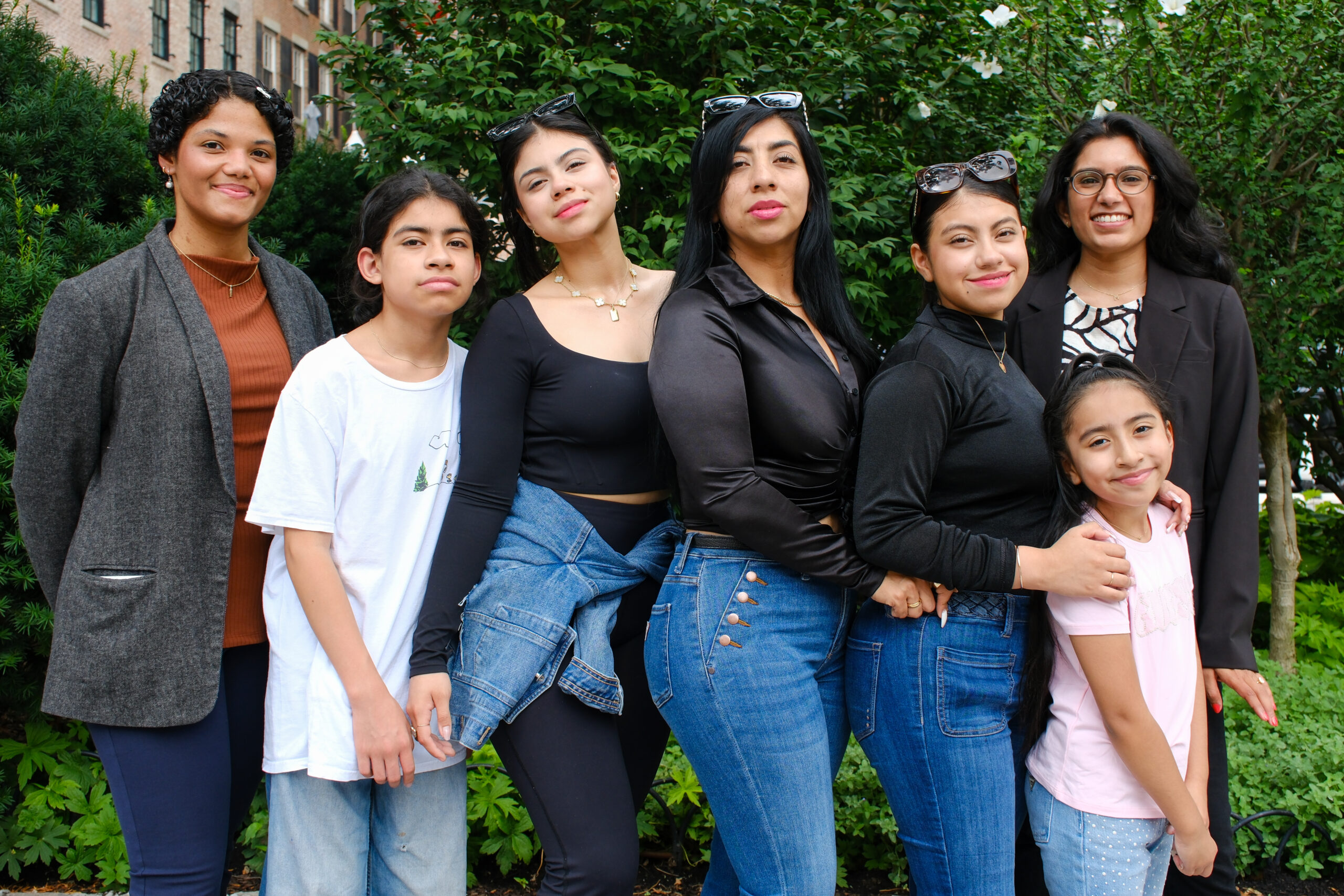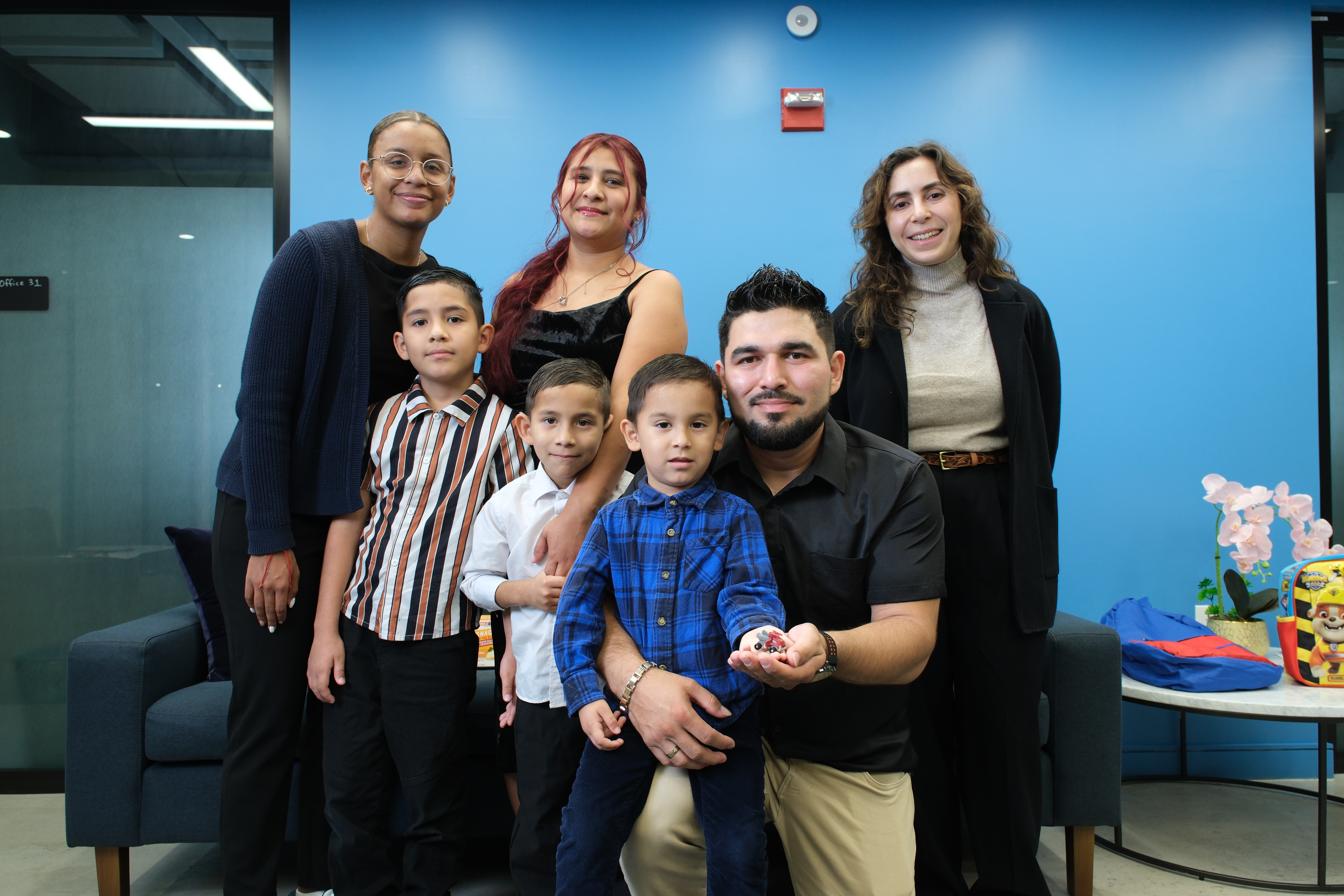Get Help
The Center for Family Representation (CFR) has been defending the rights of families in New York City for nearly 25 years. Our team of attorneys, social workers, and parent advocates are here for you and our legal representation and services are always free. If you aren’t eligible for our services, we will connect you to other resources who may be able to help.
I am looking for help with...
Family Defense
We provide the highest quality legal and social work services to parents facing an Administration for Children’s Services (ACS) investigation or prosecution to help keep their family together.
Youth Defense
We represent minors who have been arrested and advocate to avoid prosecution or incarceration so they can stay at home with their families and get the support they need.
We also offer the following holistic services to support our family and youth defense clients across a variety of interconnected legal systems that affect their Family Court case.
Housing & Public Benefits
Immigration Defense
Criminal Defense
Appeals
State Central Register Appeals
Client Stories

Partners and Additional Resources
We work with partners across New York City to defend and support families. If CFR is not able to represent you or provide services to your family, we will refer you to other partners and resources that may be able to help.
Common Terms We Use
Learn more about the common terms we use at CFR and why we choose to use certain language like the family policing system instead of the child welfare system in order to accurately reflect the reality that thousands of Black and Brown families experience every day.
See All Terms
